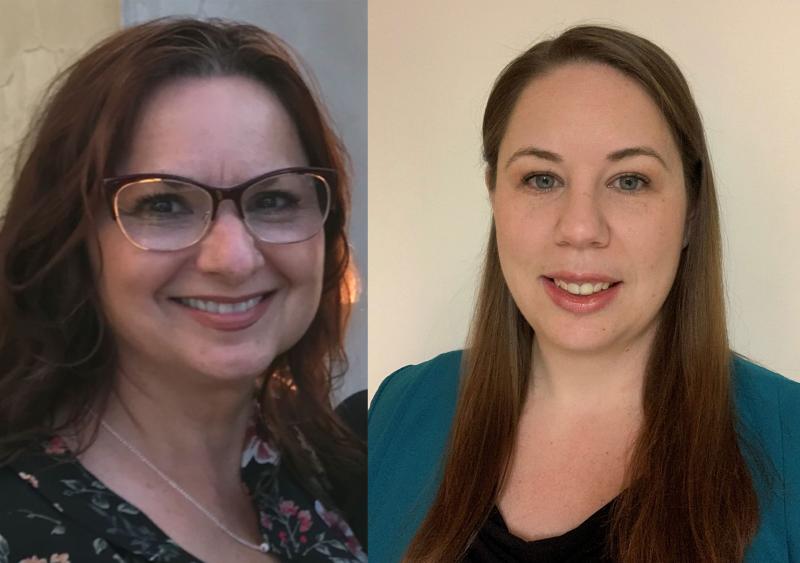Taking the guesswork out of end-of-life care
The pandemic has many of us pondering what the future holds and thinking that now might be a good time to get our affairs in order.
Advance care planning is an important part of preparing for the unknown. It is a process of reflection and communication which includes letting people know what kind of health and personal care you want in the future, should you be unable to speak for yourself. This may be because you are too ill, too injured or close to death. An advance care plan, also called a living will or an advance directive, is a written summary of these wishes.
“I created my plan as part of the planning I did when I was having children,” said Michelle Busch, a social worker who is currently deployed to the Regina General Hospital’s Intensive Care Unit. Pre-pandemic, Busch was a health educator with Saskatchewan Health Authority’s (SHA’s) Advance Care Planning Program. “Having it in place provides a bit of a reassurance because, although I assume my family would know what to do because we talk about it regularly, it’s an extra layer of protection, like life insurance, like a will.”
Busch emphasized that advance care planning is a process, not an event. She started the process a decade ago. “The process continues as you go through your life.”
Speaking with loved ones to ensure they understand the treatments you will, or won’t, accept is part of the process. It will help guide the decisions they may need to make on your behalf, said Brenda Schock, senior health educator with SHA’s Advance Care Planning Program.
“If my children don’t know that I don’t want CPR, then I might receive CPR and that would be against my wishes,” she said. “I would be living with the outcome of something that I potentially don’t want to experience.”
Schock advises people creating an advance care plan to be sure to talk to their loved ones about their beliefs, values and wishes, whether quality or quantity of life is important to them, and what things bring their lives joy and meaning.
People, especially those who’ve been diagnosed with a chronic illness or terminal disease, should talk to their physician about medical interventions they may be required to undergo and the potential outcomes of those treatments, she said.
“If someone has a pain issue, they would want a really good understanding of the different kinds of pain management options, and how those pain management options could impact their quality of life. We want to have these conversations with our health care practitioners who know us the best and can give us guidance in those scenarios.
Schock said plans can be general or specific and, while they are legally binding, they can be changed as long as the person still has the ability to make their own decisions.
“If I’m in medical crisis at home and the paramedics come to my house and they say I need a medical intervention that my advance care plan clearly outlines I don’t want, as long as I’m able to speak for myself I can change my mind and say, ‘I will accept an intervention.’ The thing to remember is that the proxy or substitute decision maker is required to follow the advance care plan. They can’t change the content of the plan.”
She recommends everyone over the age of 16 create an advance care plan. Sixteen is the legal age in Saskatchewan when people can make an advance care plan and name a proxy.
Busch said working in the intensive care unit has underscored in her mind the importance of advance care planning.
“I’ve seen the experiences of families when advance care planning is done well, and how it can help the most difficult situation they will ever face be a tiny bit easier. I’ve also seen families where they have no idea and the anguish and struggle they undergo with decision-making and trying to think about what the person would want in the midst of grief and crisis just makes everything that much more difficult for them.”
For more information on advance care planning, including a proxy form, workbook, video and contact information, go to SHA’s website.



